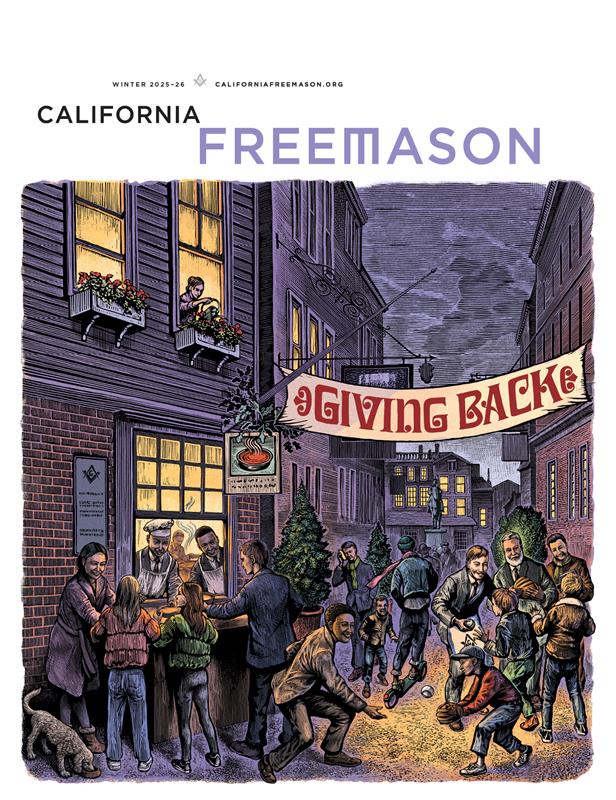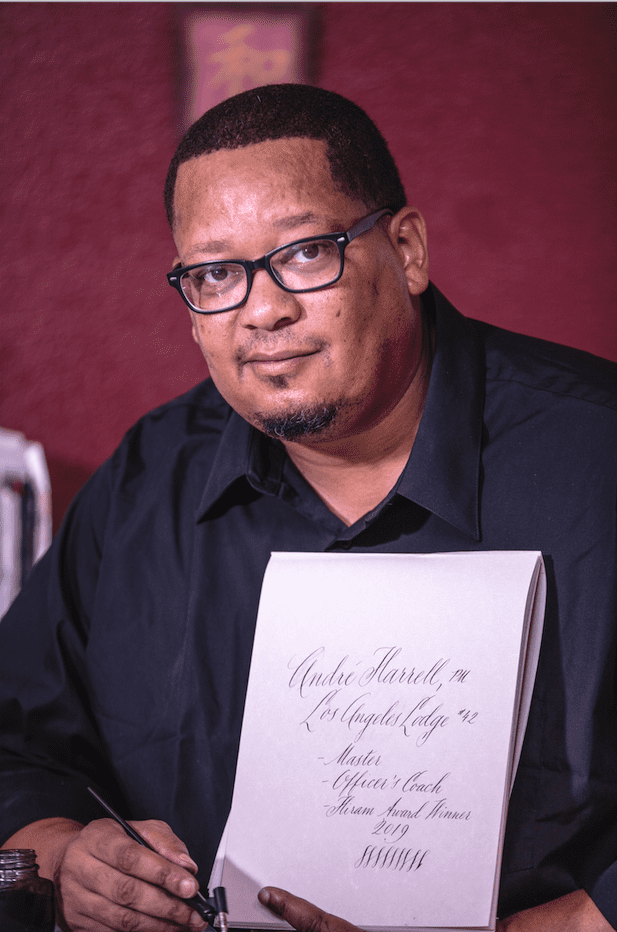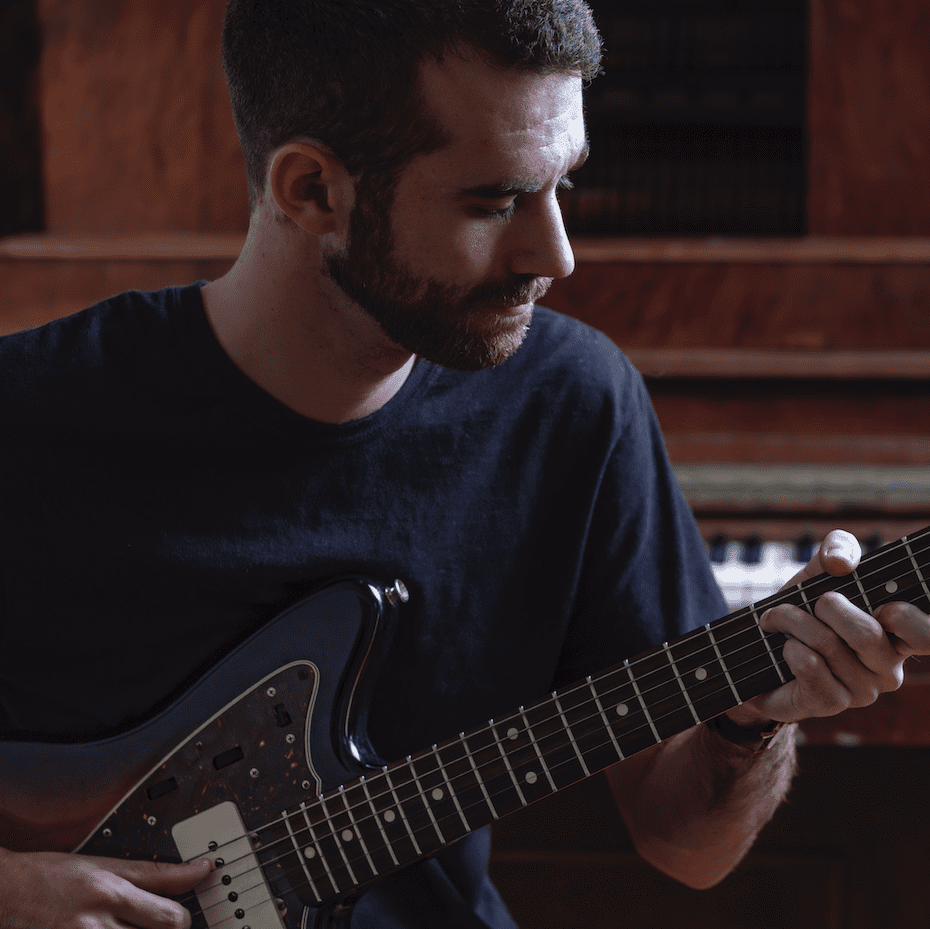
Striking Gold
The Wheelman
Inside his Nevada County garage, Lee Wilbourne is creating some of the world's fastest rides
By Allen Young
In the final, silent moments before Lee Wilbourne hits the gas of his 750-horsepower Ford Roadster, he’s emptying his mind. In a few moments, he’ll be blasting down the empty expanse of the Utah desert at upward of 200 mph in his hand-built speed racer, a low-slung monster of galvanized sheet metal and roll bars he fabricated in his home garage in Penn Valley. For now, though, he’s trying to get into a Zen-like trance. With the desert heat radiating off the bleached-salt grounds, the lifelong racer sees only blue sky and the blinding white plains ahead. “You get into a completely different dimension,” Wilbourne says. “The hair on your head tingles. Holy crap.”
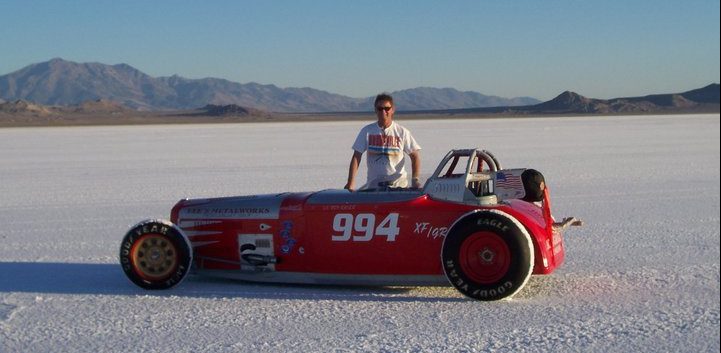
More than 50 years after his first race, Wilbourne retains that giddy enthusiasm when asked about the thrill of pushing the pedal to the metal. Wilbourne, a past master of Nevada Lodge No. 13 in Nevada City, is a lifelong gearhead and one of the most accomplished racecar mechanics in the business. He operates his own fabrication shop, Bonneville Bad Boys, in the small town of Rough and Ready, about 60 miles north of Sacramento, where he’s designed five different land-speed world-record holders. He’s also served as a crew welder on the IndyCar, Formula 1, and other professional racing circuits; built all manner of cart racers, hot rods, and funny cars; and competed in road races throughout California and the west. “This is my canvas,” he says. “This is what I present to the world.”
The many years behind the wheel and under the hood have taken their toll—at 73, Wilbourne walks with a hobble, the result of neck and back injuries from two major accidents. But his instincts are as good as ever. “It’s about the eyes and the attitude,” Wilbourne says. “Racecar drivers have exceptionally good reflexes and eyes.”
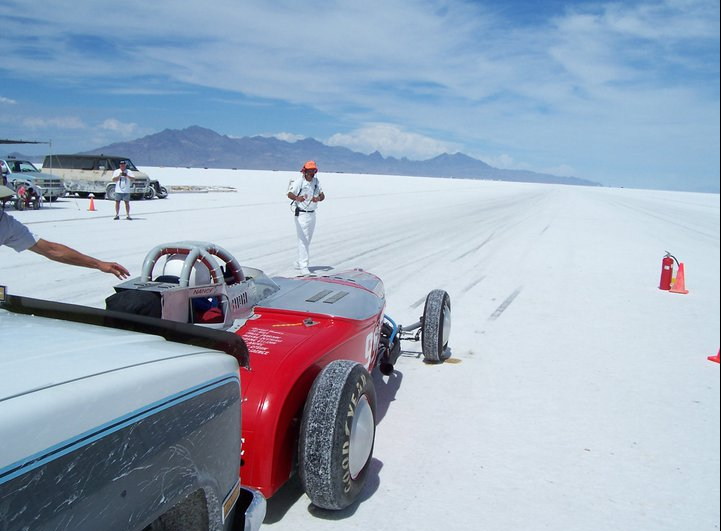
Wilbourne’s auto fixation started early: When he was a kid in Walnut Creek, his father brought him to races at Laguna Seca in Monterey and elsewhere across Northern California. By the age of eight, he was building soap-box racers with rope steering. After serving in the Navy in Vietnam (he was discharged in 1968), Wilbourne was determined to enter the nation’s “racing fraternity,” he says. He earned a business degree from Cal State Hayward and entered the Sheet Metal Workers International Association. Using his skills as a welder, he began pushing his way into racing circles.
“This is my canvas. This is what I present to the world.”
He competed a couple dozen times on the Sports Car Club of America Road Racing circuit, but Wilbourne’s first real career highlight came in 1978, when he joined a pit crew at the Indianapolis 500 as a welder and fabricator. All told, Wilbourne spent 19 years on IndyCar crews, all while focusing on his own racecar and motorcycle fabrication business. In 2000, Wilbourne ventured to the world-famous salt flats in northwest Utah to watch the land-speed races and was immediately hooked.
The Bonneville Speedway is a remote stretch of dried lakebed 120 miles west of Salt Lake City that’s been used for more than a century as a land-speed racing destination for specially modified cars and motorcycles. Wilbourne first lined up there in 2005 and has returned to compete every few years since. Today, about half of his welding and fabrication business is dedicated to salt-flat racers, and at any given race on the flats, Wilbourne figures he’s had his hands on at least a few of the vehicles. “Bonneville is the last bastion of true home-brewed ideas and construction,” he says. “It’s the last vestige of amateur hot rod racing.”
There is, Wilbourne says, some overlap between his life’s twin passions, racing and Freemasonry. Following in the footsteps of his father and grandfather, Wilbourne entered the fraternity in 1983 with St. John’s Lodge No. 725 (now Diablo Valley No. 448 in Concord). In addition to Nevada No. 13, he’s also affiliated with Harmony No. 164 in Sierra City and Mountain Range Lodge No. 18 in Nevada City. Between the three, Wilbourne has served in practically every officer’s role. In 2014, he received a Hiram Award for his service to Nevada No. 13.
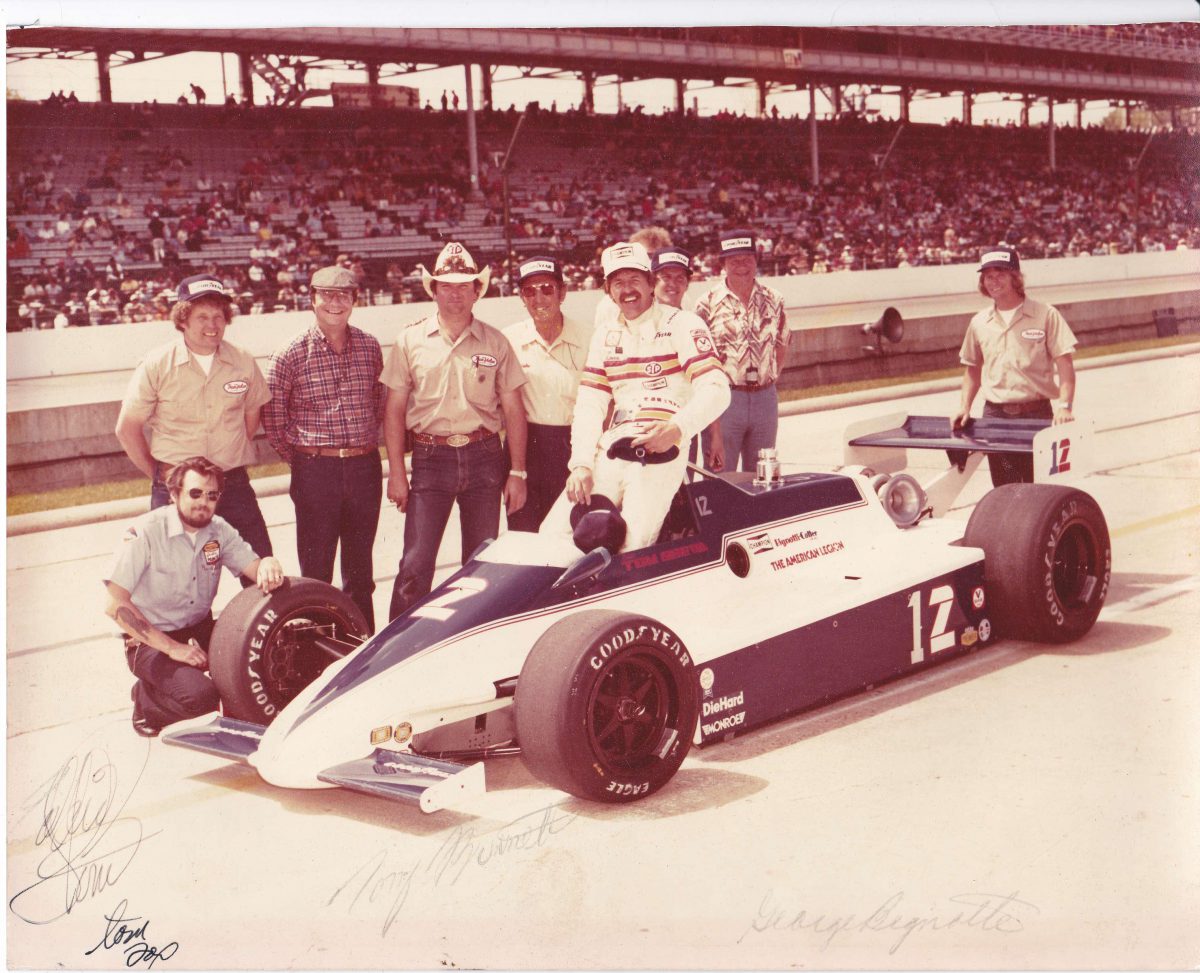
Wilbourne credits the craft with instilling in him a level of discipline that he says made him a better racer and builder. On race days, Wilbourne repeats some passages from his degree work, among them, “Fear not what a man can do unto you.” The recitations ground him before he gets in the car. “It hasn’t been an easy life,” Wilbourne says. “From the elbows down, I’m all scar tissue. It chews you up. But I did exactly what I was meant to do.”
